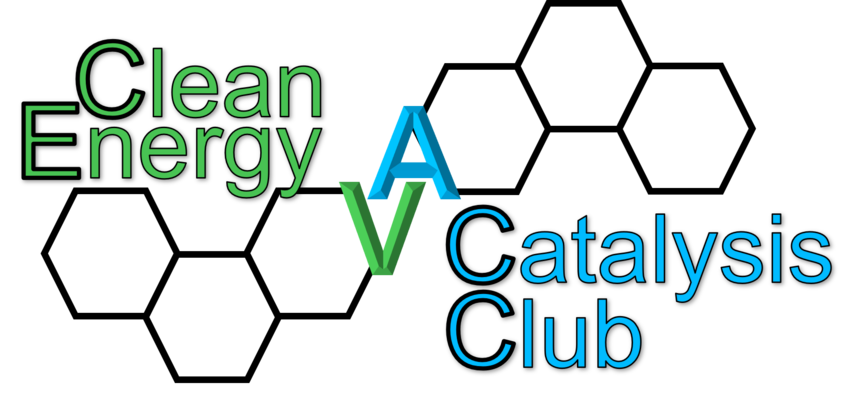Tuesday, December 7, 2021 featured:
Professor Ifan Stephens from Imperial College London
"Common challenges in electrocatalysis: from batteries to the production of green hydrogen and ammonia"
Abstract:
Electrochemistry will play a pivotal role in our transition away from fossil fuels to a net zero society. While batteries and fuel cells are set to decarbonise transportation, electrolysers can enable the sustainable synthesis of our most coveted chemicals, such as H2 and NH3. It turns out that some of the reactions that we aim to accelerate in water electrolysis, such as H2 evolution, are exactly the reactions that we wish to inhibit in Li ion batteries and during N2 reduction. To that end, in our group we translate techniques and insight from battery science to electrosynthesis and vice versa. I will present our mechanistic studies on the electrocatalysis of
(i) O2 evolution for water electrolysis on iridium based and nickel based oxides
(ii) N2 reduction to NH3 on Li-based electrodes in organic electrolytes.
Our studies incorporate electrochemical measurements, electrochemical mass spectrometry, operando optical spectroscopy, secondary ion mass spectrometry, x-ray photoelectron spectroscopy, and density functional theory; using the combination of these techniques, we build a holistic picture of the factors controlling these technologically critical reactions.
Bio:
Dr. Ifan Stephens conducted his PhD at the University of Cambridge. In 2008, Dr. Stephens moved to the Department of Physics at the Technical University of Denmark (DTU); he was first employed as a postdoctoral researcher, then as Assistant Professor and finally as Associate Professor. In 2015, Massachusetts Institute of Technology (MIT) awarded him the Peabody Visiting Associate Professorship. Dr. Stephens moved to the Department of Materials at Imperial College London in 2017; he currently holds the position of Reader in Electrochemistry there. His group’s research aims to enable the large-scale electrochemical conversion of renewable energy to fuels and valuable chemicals and vice versa. Such processes will be critical in order to allow the increased uptake of renewable energy. Dr. Stephens has published 70 papers on topics including oxygen reduction, oxygen evolution, CO2 reduction and nitrogen reduction. His research on H2O2 electrosynthesis led to the establishment of the spinout HPNow. In 2021 the Royal Society of Chemistry awarded him the John Jeyes Award. Dr. Stephens has very recently been awarded a Consolidator Grant from the European Research Council to investigate N2 electroreduction to NH3.
Host: Prof. Sen Zhang, University of Virginia


